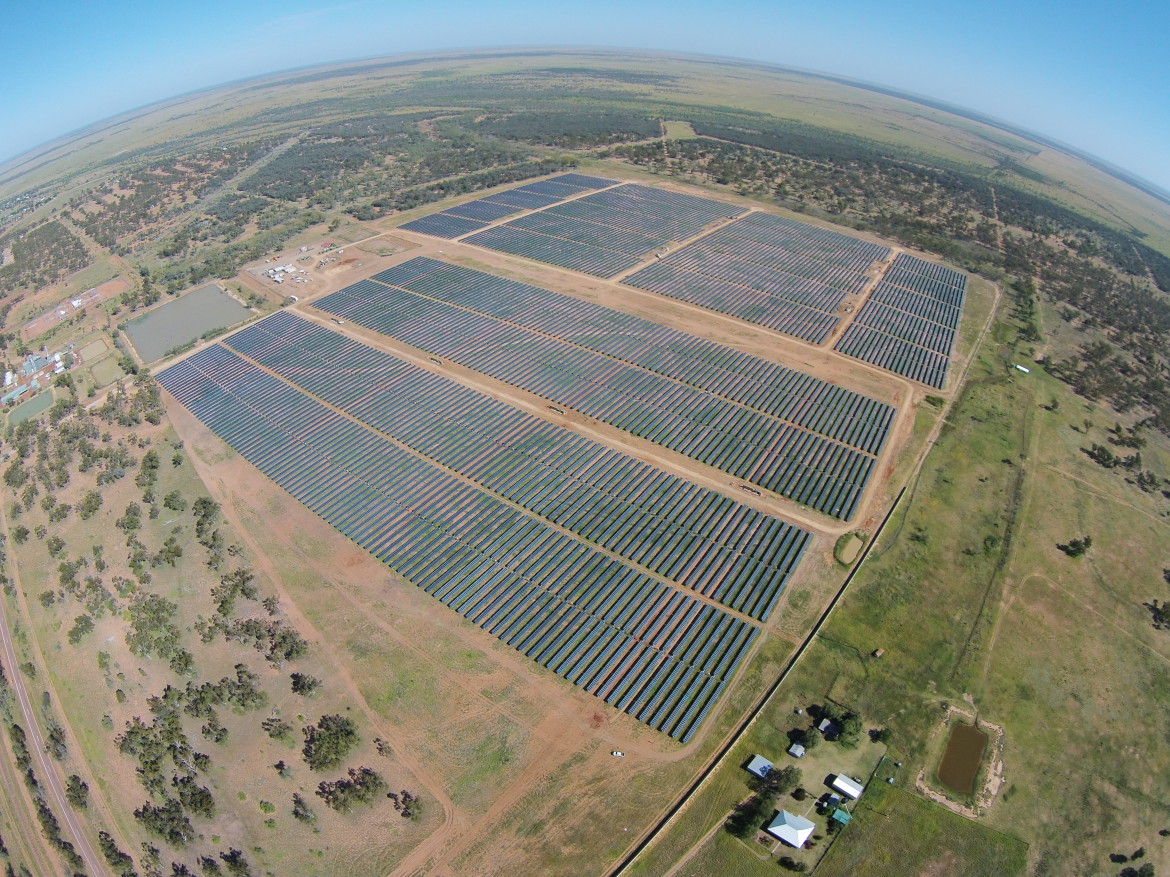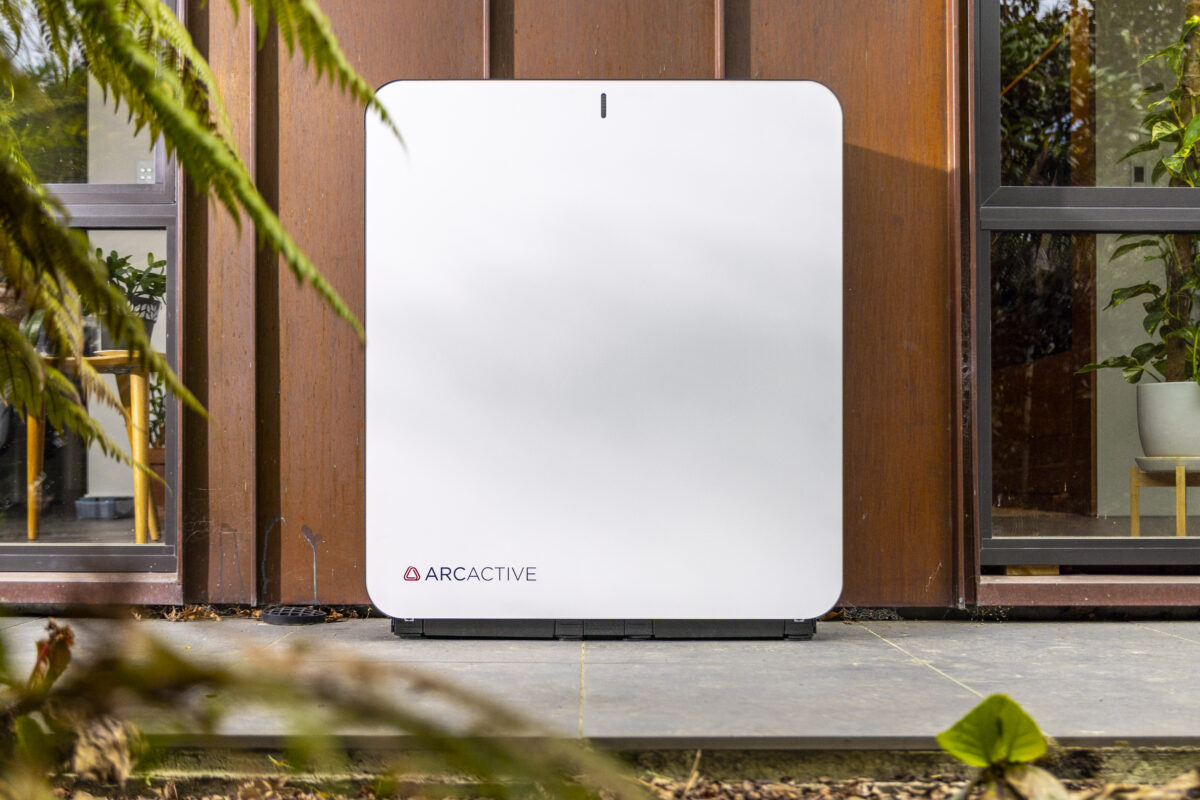Following little consultation, the Queensland government has fast-tracked new rules for the construction of solar projects which could push up the cost of commercial and industrial solar systems by some 20%. As of Monday, new laws require mounting, locating, fixing and removal of solar panels at solar farms larger than 100 kW to only be undertaken by licensed electricians.
According to Electrical safety (solar farms) amendment regulation 2019, the group of licensed electrical workers includes not only licensed electric mechanics, but also electrical apprentices and holders of an electrical work training permit, who will be allowed to work under supervision of a licensed electrician. This is somewhat different from the originally announced rule that licensed electricians will be the only one allowed to touch PV panels.
“There are many tasks that can be performed by an assistant (such as a trades assistant or general labourer) who is not a licensed electrical worker,” the document says. It goes on to specify that they may pack and unpack PV panels, move or transport solar panels to the site or around the site and lift, pass and hand a solar panel directly to the licensed electrical worker for them to locate, mount and fix a solar panel into a PV array structure.
The guidelines underline that the competent trades assistants or general labourers can support a panel only at the same time the licensed electrical worker is locating, mounting and fixing the solar panel on the PV array structure, which means for e.g. that they are not allowed use of a rattle gun to mechanically bond the panel to the PV array structure. Their other tasks can include removing a PV panel once disconnected by a licensed electrical worker and helping install electric cables.
While the Queensland government believes they have struck the right balance between meeting their goal of 50% renewable energy by 2030, and worker and community safety, installers have warned the “new safety code” was set to cost jobs, delaying installations and making some projects unviable.
The Clean Energy Council (CEC) was trying hard to head off the new measures. Last week, it convened “an emergency roundtable” in Brisbane to address this and called on the government once again on Monday to come back to the table to find an alternative approach to dealing with its stated safety concerns.
According to Anna Freeman, the CEC’s Director of Energy Generation, across Queensland in the last few days, businesses had been asking labourers to down tools, and scrambling to source electricians to take over the straightforward task of panel mounting. “The affected workers were trained, experienced and entirely capable of doing the mechanical tasks of mounting unconnected solar panels,” she said. “The mounting of electrical equipment is not even classed as electrical work under the state Electrical Safety Act (2002), and it could easily be performed by local labourers and trades assistants as it has to date.”
The CEC believes the higher costs associated with imposing this change will not only slow down projects, but also shelve some investment decisions, ultimately jeopardizing the state’s chances of reaching its renewable energy target. “We have already been told by a number of our members that their projects now look more uncertain due to this new regulation,” Freeman said, noting that in the short term, Queenslanders can expect the asking price of electricians to increase, due to the sharp increase in electricians that will be required to complete large-scale solar projects.
This content is protected by copyright and may not be reused. If you want to cooperate with us and would like to reuse some of our content, please contact: editors@pv-magazine.com.









By submitting this form you agree to pv magazine using your data for the purposes of publishing your comment.
Your personal data will only be disclosed or otherwise transmitted to third parties for the purposes of spam filtering or if this is necessary for technical maintenance of the website. Any other transfer to third parties will not take place unless this is justified on the basis of applicable data protection regulations or if pv magazine is legally obliged to do so.
You may revoke this consent at any time with effect for the future, in which case your personal data will be deleted immediately. Otherwise, your data will be deleted if pv magazine has processed your request or the purpose of data storage is fulfilled.
Further information on data privacy can be found in our Data Protection Policy.